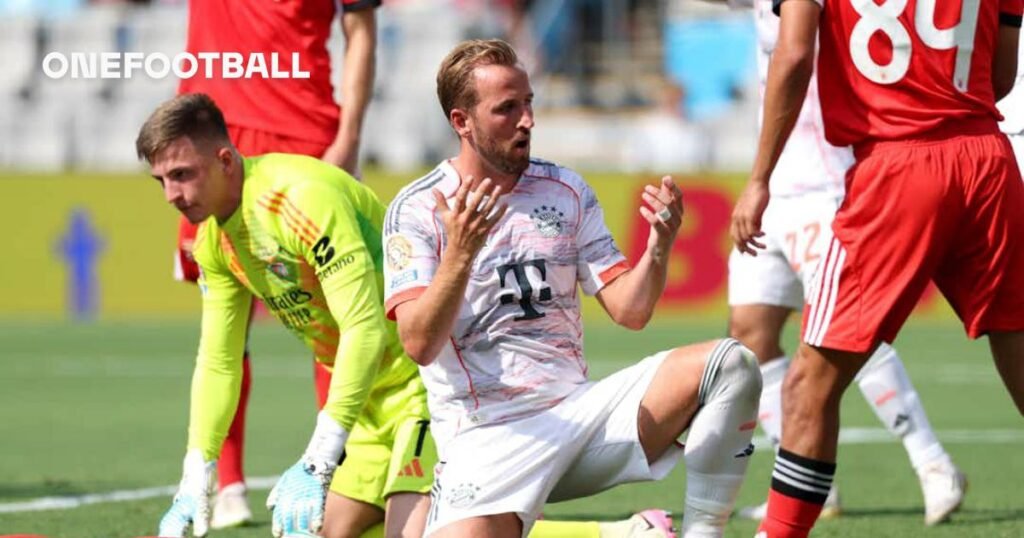Here’s a comprehensive analysis of where Bayern Munich fell short in their 1‑0 defeat to Benfica at the Club World Cup:
1. Ineffective Final Third Creativity
Despite dominating possession, Bayern lacked incisiveness in attack. Like in their Champions League encounter in November, they struggled to break down Benfica’s compact low block. Their build-up was often sideways and predictable, with few forward thrusts or clever movements between the lines. A similar issue resurfaced in this match—even amid 70–80% possession, their offensive transitions were too slow, and key passes or through-balls seldom found their mark.
2. Poor Decision-Making
Bayern generated shots, but quality was lacking. Analogous to earlier encounters, players in the final third made questionable choices—opting for crosses over penetrating passes, or rushing shots under pressure . This lack of composure and precision turned promising sequences into lost opportunities.
3. High Press Yielding Counter-Press Weaknesses
Benfica’s low block capitalised on Bayern’s rhythm in front of goal. Bayern’s failure to break through centrally was exploited by Portugal’s structured defense, forcing German attackers into reaction rather than creation. Without dynamic pressing or movement, Bayern’s setup became frustratingly static.
4. Overreliance on Individual Brilliance
The match exposed Bayern’s dependency on moments of individual quality—like a precise cross from Leroy Sané or a run from Jamal Musiala—to unlock defenses. When those flashes didn’t arrive, the team lacked collective, positional interplay to open tight formations.
5. Benfica’s Defensive Discipline
Credit to Benfica: they executed a well-drilled compact shape, stifled central approaches, and offered minimal risk. Their midfield suppressed Bayern’s tempo, and their containment strategy reaped reward—Bayern barely carved out any clear-cut chances.
📸 Kevin C. Cox – 2025 Getty Images
Read the full article here














